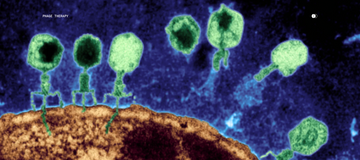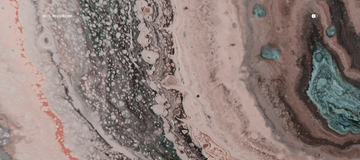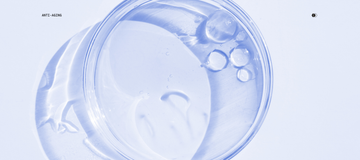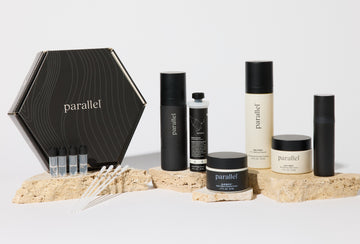Olympic Athletes Swam in the E. Coli Contaminated Seine River: Here's Why You Shouldn’t
by Parallel Health Team
As the world turns its attention to Paris for the 2024 Olympics, one of the most iconic rivers in the world, the Seine, is under scrutiny like never before. For the first time in over a century, the Seine will host Olympic swimming events, but recent concerns about water quality have cast a shadow over this historic moment. Despite significant efforts to clean up the river, fluctuating levels of harmful bacteria, including E. coli, have raised serious health concerns for athletes and spectators alike.
The river's contamination primarily stems from Paris' combined sewer system, which during heavy rains, can overflow and discharge untreated wastewater into the river. This mix of stormwater and sewage introduces a toxic cocktail of pathogens, making the water potentially hazardous.
CLEANUP EFFORTS:
The city of Paris has made a monumental effort to address these issues, investing around $1.5 billion to improve the Seine's water quality. This ambitious project included constructing a massive basin to capture excess rainwater, overhauling the sewage system, and upgrading water treatment facilities. The goal was to reduce the frequency and severity of sewage overflows, which often occur during heavy rains and can lead to untreated wastewater being discharged into the river.
French President Emmanuel Macron highlighted the city’s achievements, proclaiming, “Thanks to a massive investment, …we have achieved in just 4 years what was impossible for 100 years: the Seine is now swimmable.” While this statement celebrates the progress made, the reality is that the river's water quality remains inconsistent.
MONITORING AND CONCERNS:
While Olympic athletes swam in the river, you might think twice if you have the chance. The presence of harmful bacteria like E. coli and Enterococci, which indicate fecal contamination, remains a critical concern. These bacteria can lead to serious health issues, including gastrointestinal problems, skin infections, and more severe illnesses if ingested or if they come into contact with open wounds.
Team USA's Taylor Spivey highlighted these concerns during the women's triathlon, sharing her experience after ingesting water from the Seine. "I’ve taken a lot of probiotics over the past month. So we’ll see how it goes," Spivey remarked, reflecting the uncertainty and potential health risks associated with swimming in the river. Her comments underscore the ongoing challenge: despite modern interventions, the Seine's water quality remains unpredictable, especially following rainfall.
PROTECTING YOURSELF:
At Parallel, we offer custom phages, a unique and effective solution to eliminate and protect against harmful bacteria on the skin. Bacteriophages (or phages, for short) specifically target harmful bacterial strains without affecting beneficial microbes. Custom phages go beyond traditional methods like probiotics by directly addressing bacterial contamination on your skin (testing required for personalization). This added layer of protection is especially crucial if you are ever exposed to potentially contaminated waters, such as the Seine.
If you're planning to swim in the Seine or any other body of water with questionable quality, consider using our phage-based skincare products. You can access your own Custom Active Phage Serum by signing up for Parallel’s flagship offering, the MD-03 Phage Protocol™. Our formulations are designed to cleanse and protect your skin, reducing the risk of infections and other bacterial issues. Taking this extra step can help ensure your safety and well-being in uncertain conditions. All products are HSA/FSA eligible.

The fluctuating water quality of the Seine serves as a reminder of the importance of vigilance and preventive measures. Whether you're an athlete or a recreational swimmer, being informed and prepared is key to navigating these risks.




























